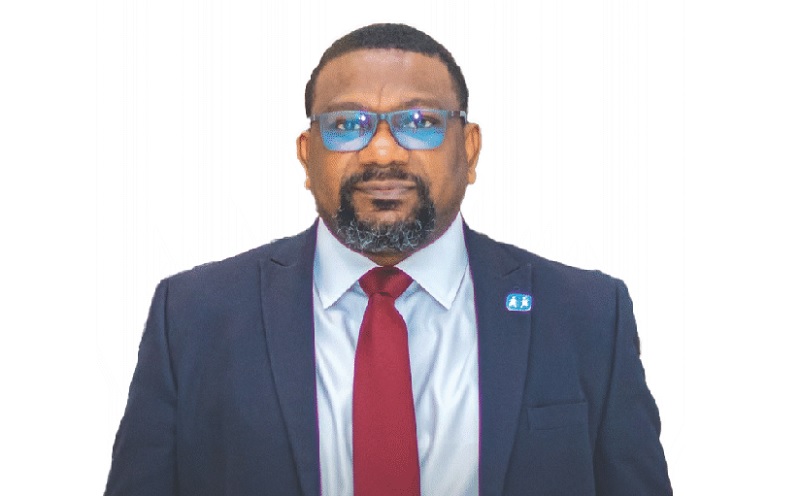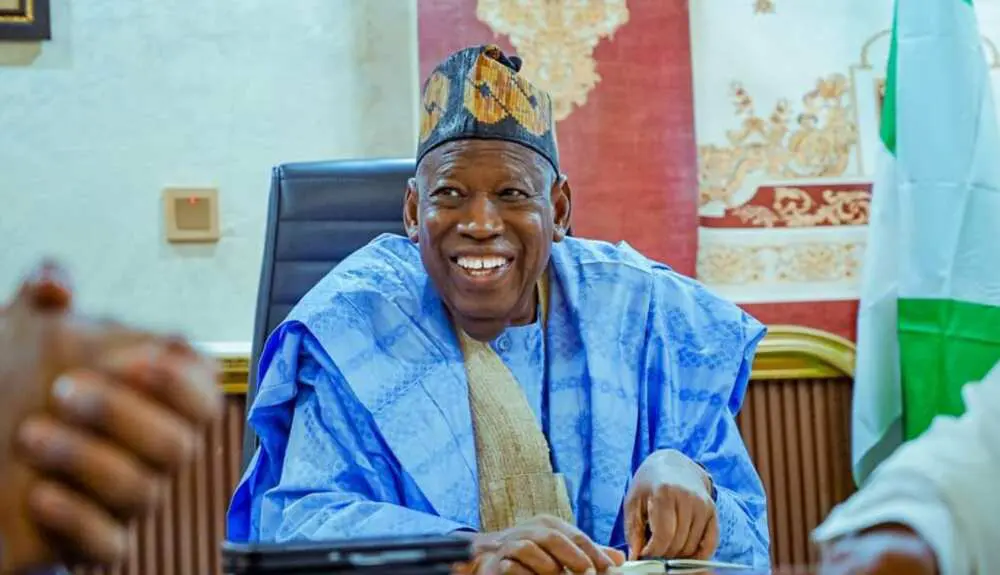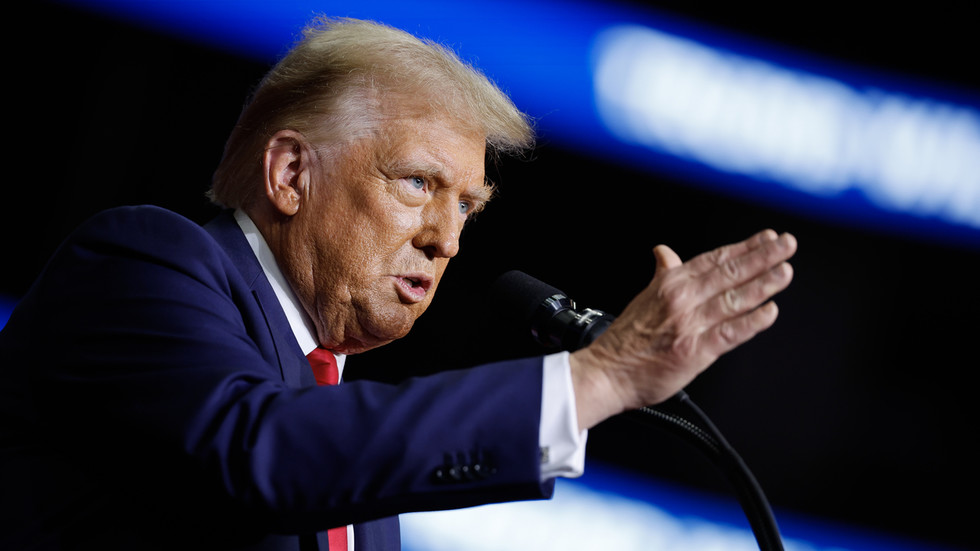Botswana, known as one of Africa’s longest-standing democracy, is set to conduct its general election on October 30, as announced by President Mokgweetsi Masisi.
Masisi aims to secure a second and final term following the endorsement of his candidacy by his ruling party.
This election will determine the composition of Parliament and the lawmakers who will subsequently choose the president.
It takes place during a period of economic uncertainty for a country that heavily depends on diamond mining.
Botswana, the world’s second-largest diamond producer after Russia, has been the source of the largest rough gems discovered in the last ten years.
Sales of rough diamonds at Debswana, a company co-owned by the Botswana government and the De Beers Group, have plummeted by nearly 50% in the first half of 2024, as reported by officials.
This decline has negatively impacted government finances and sparked criticism towards President Masisi and the Botswana Democratic Party (BDP) for failing to diversify the economy.
Unemployment has surged, exceeding 27%, with youth unemployment surpassing 45%.
Delays in salary payments for government employees have emerged due to the strained financial situation, tarnishing Botswana’s reputation for effective governance and raising concerns about potential austerity measures.
“It is the first time in over forty years that the state finances are in the red,” stated opposition figure Rev. Prince Dibeela.
“There are also over 200,000 young individuals who are qualified but unable to secure employment. Our society is highly fragmented.”
The ruling BDP has committed to prioritizing the diversification of Botswana’s modest economy, which has a GDP of $21 billion.



